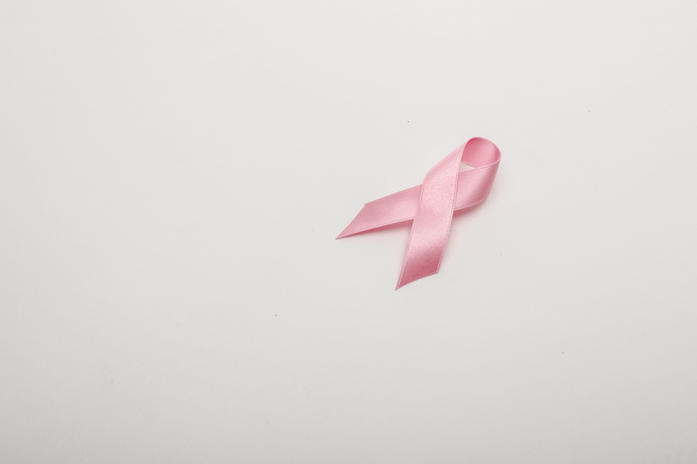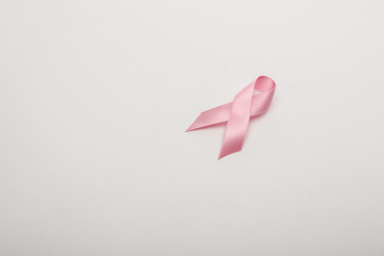This October, Florida citizens faced a scary reminder about the severity and prominence of breast cancer.
On October 4, Florida Governor Ron DeSantis announced that his wife and Florida’s First Lady Casey DeSantis had been diagnosed with breast cancer.
“I am saddened to report that Florida’s esteemed First Lady and my beloved wife has been diagnosed with breast cancer,” DeSantis said. “As the mother of three young children, Casey is the centerpiece of our family and has made an impact on the lives of countless Floridians through her initiatives as First Lady. As she faces the most difficult test of her life, she will have not only have my unwavering support but the support of our entire family, as well as the prayers and well wishes from Floridians across our state.”
Casey DeSantis made her first appearance since her diagnosis this past week. She thanked everyone for their support since her recent diagnosis and reassured the public that she is going to continue to fight the cancer. Casey remained strong and upbeat, exclaiming “when you know in your heart what is right, never, ever, ever give up the fight.”
Casey’s diagnosis also serves as a wake-up call and a reminder of the importance of National Breast Cancer Awareness Month.
Breast cancer is the second most common cancer for women in the US following skin cancer. In just this year alone, 281,550 new cases of invasive breast cancer have been diagnosed in US women with an additional 49,290 new cases of non-invasive breast cancer. 12% of American women will develop breast cancer in their life, and there is a 2.6% chance that an American woman will die from breast cancer.
On a more positive note, there are close to 4 million breast cancer survivors in the US. Additionally, there has been a steady reduction of breast cancer in women over 50, post-menopause. Breast cancer death rates have been declining since 1990 due to an increase in detection, awareness, and improvement in treatment.
The fatal consequences — painful surgeries, intense chemotherapy, and even death — that arise from breast cancer can be significantly reduced with early detection. According to the American Cancer Society, with early detection and localization, the five-year relative rate of survival is 99%. Doctors recommend annual mammograms once women turn 40 and the performance of regular breast self-exams.
This October (and every other month), support those currently battling breast cancer and breast cancer survivors. Stay educated and raise awareness about this important cause. Think Pink!


